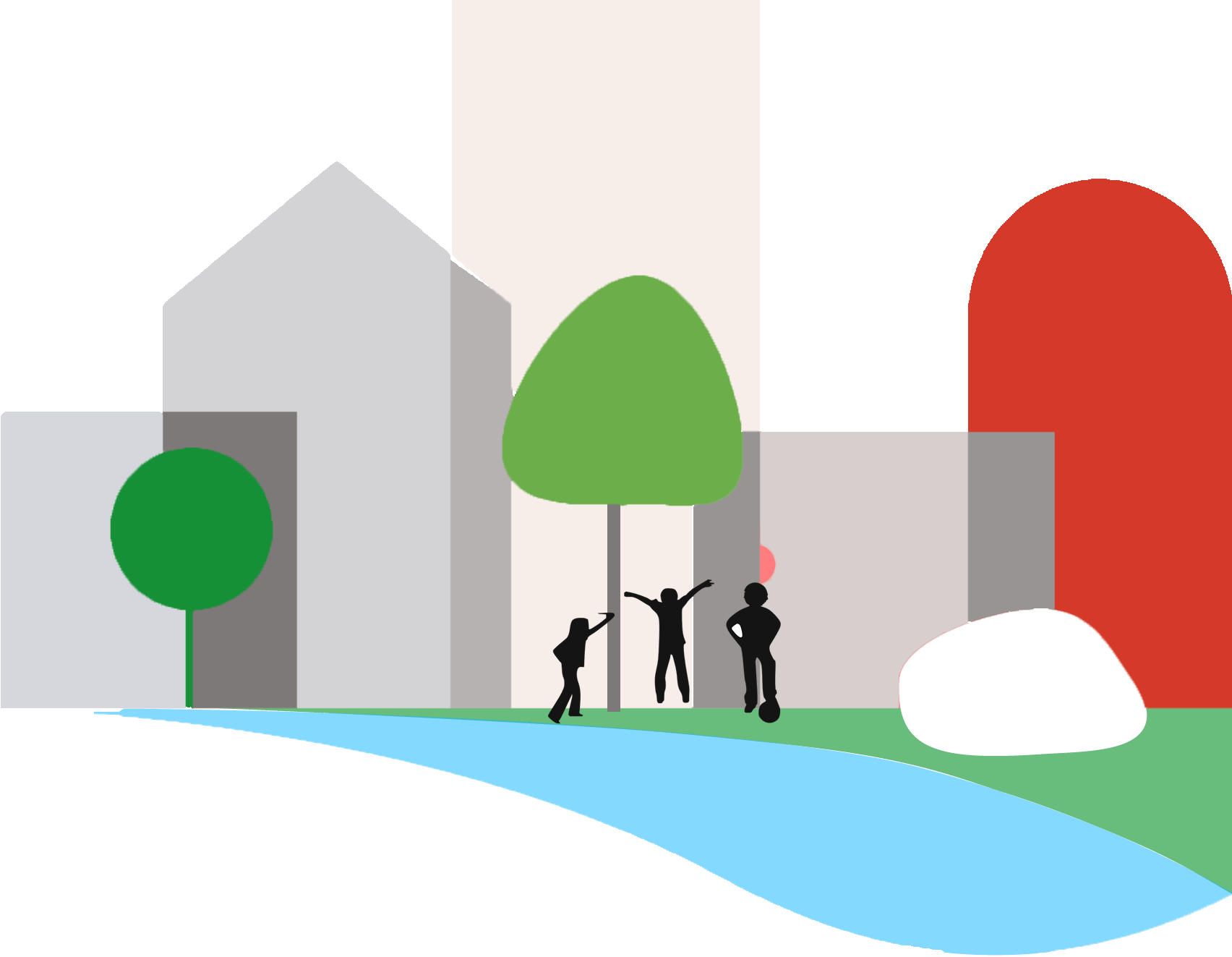Glassboro: A Community That Shares
- Michelle Contarino
- May 14, 2021
- 4 min read

When we think about hunger, we all have a particular picture in mind—the little boy with the abnormally large round belly, the woman with the sunken eyes, or the little girl pleading for food on the television commercials with the tear streaming down her sweet, gaunt face. Although these images are true and extremely heartbreaking, they do not tell us the whole story. Hunger has many faces and most of them are hidden, especially in the United States. People who are hungry often smile to hide their pain. They show up for work and school even though they have not had a nutritious meal in days. Obesity is very common amongst people who do not have enough food to eat, as they often have to make choices based on what they can afford and not what is most nutritious.
Over the last year, millions of Americans have been forced out of work due to Covid-19. We all watched our televisions, especially during the height of the pandemic, as images of people waiting in long car lines to pick up boxes of food flashed across our screens. These people are not strangers in a foreign country. They are our loved ones, friends, and community members. They are, perhaps, the person living right next door to you or the child that sits in your classroom every day. They might even be you. Food insecurity is not just a pandemic issue. This has been happening long before the lockdowns and job losses of the past year. It has been estimated that nearly 1 in 4 households is experiencing some type of hunger or food insecurity. The USDA defines food insecurity as a lack of consistent access to enough food for an active, healthy life. Lack of regular, healthy foods can cause chronic disease and illness, increased stress which can contribute to mental health issues, and problems with learning and focus which can affect job and school performance.
Sadly, every community in this country has members who suffer from food insecurity, including Rowan University and the larger Glassboro community. However, we are fortunate that this community recognizes the impact that lack of food and resources can have on its members and bands together so that every person and family in need has the opportunity obtain healthy foods. The Samaritan Center of Glassboro (aka: Glassboro Food Bank), on East High Street, is one of those resources where Glassboro residents can, once a month, receive prepared bags of food that contain perishable items like fresh produce and meats as well as non-perishables such as canned vegetables, pasta, sauce, cereal, peanut butter, and rice. The center is state funded but is also supported by local churches and community members on a regular basis. On the third Wednesday of every month, NHP Hollybush (formerly known as Hollybush Neighborhood Center) at 300 Ruth Avenue, opens its doors from 6 to 7 pm to NJ residents to come and pick up food items. They also offer other programs such as free senior luncheons and a free after-school program which will start again in September. Kitchen of Hope, which operates out of the St. Thomas Episcopal Church at 212 North Main Street, has a drive-through food giveaway on the 2nd and 4th Saturdays of the month from 10 am to 12 pm. Packed bags of non-perishable items, bread, desserts, and produce are ready for anyone from anywhere who is in need.
Besides these three wonderful resources, we have Rowan University’s Fresh for All, a food distribution drive through sponsored by Philabundance, which takes place in the Rowan University Parking lot across from Glassboro High School (LOT ‘D’). The distribution line is staffed by Rowan’s student volunteers and staff and runs all year long. Here, patrons can pick up fresh fruits and vegetables and no pre-registration is required. Additionally, Rowan University has its own Food Pantry and Resource Center called The SHOP which serves Rowan University students. The SHOP has non-perishable foods and snacks, as well as toiletries and coats. Supported by the Rowan University Student Government Association, student groups, fraternities, faculty and the main Rowan Community, any and all students are welcome to stop in and pick up whatever they need. The SHOP is opened Mondays and Fridays from 12 to 4 pm.
Combined, the resources presented here serve almost a thousand people a month. Although these support systems may operate separately, they do have one collaborative goal, and that is to combat food insecurity and provide the Glassboro community with nutritious foods and the supplies necessary for its members to thrive. There are times in life when we could all use a helping hand. Becky Foster, coordinator of The SHOP reminds us that “it is not shameful to need help. We are all in this together.” Her sentiment is echoed by the many people who have come together to donate, volunteer, and share what they have to build a strong sense of community that loves and supports one and all. If you are in need of these resources, please use them. If you would like to make a donation to any one of the programs, please visit the linked websites for information on how you can get involved. Glassboro is a community that has survived for generations because it knows how to take care of the people that make it a great place to live. Glassboro knows that when we share what we have with those in our community, we all win. Let’s continue to work and grow together to keep that sharing spirit alive!





Comments